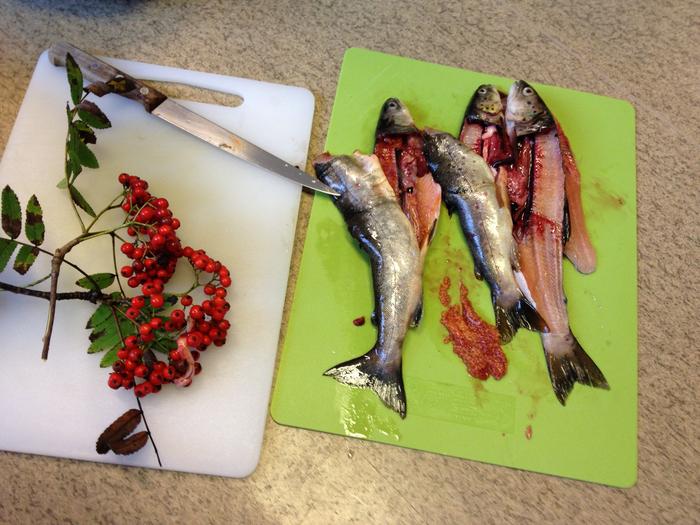Misconceptions
Children’s conceptions that differ from those generally accepted are usually called misconceptions.
Young children have their own understanding of the world, knowledge and scientific concepts. While not always correct, some of these concepts can be resistant to change. The support of a competent partner is important for the child's learning. As a teacher you will have to connect as much as possible with the ideas that children already have of their world. By starting from their idea, you tap into their natural way of understanding. The trick is to give children the opportunity to test their own concepts and develop them further into useful ways of thinking. Children can use their ideas and articulate observations. The child can build new knowledge upon his own conceptions of the world. Also, social interaction between children converts their own ideas and those of others (children and teachers) into new scientific insights.

In Norwegian both fish eggs and rowan are called "rogn" - this can lead to misconceptions.
